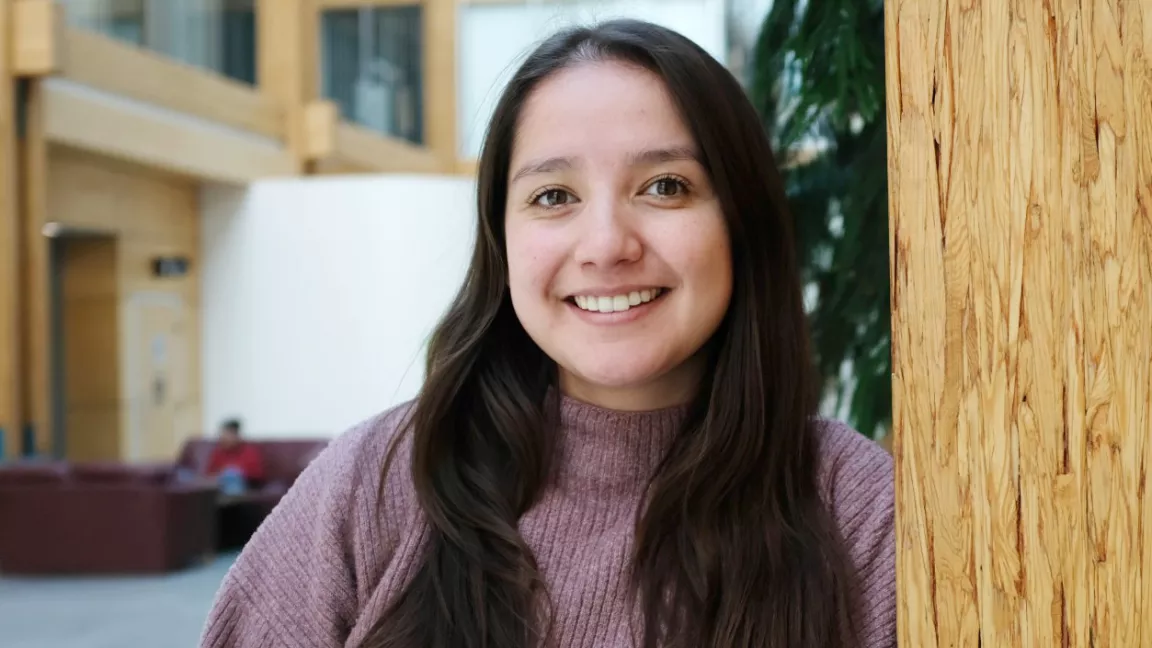SWAPing knowledge
Wildlife and Fisheries student Rachelle Foubert is the first Canadian student to take part in the Student Wildlands Adventure Program (SWAP). She will spend a week in Tennessee learning about the fish and wildlife of the region's forests and parks.

When Rachelle Foubert lands in Tennessee this spring to get hands-on experience in the region’s forests and waterways she will be gaining knowledge she can apply towards her Bachelor of Science in Wildlife and Fisheries at UNBC and breaking new ground in the process.
Foubert is set to become the first Canadian student to take part in the Student Wildlands Adventure Program (SWAP), a week-long trip that brings together young people interested in natural resource conservation.
“I am excited to be experiencing something that is completely out of my comfort zone,” Foubert says. “I am going to be travelling to another country by myself to meet with students and wildlife professionals and engage in activities that I am passionate about. This opportunity is going to help me expand on my personal and professional growth.”
SWAP is a U.S. non-profit that aims to inspire young people from diverse backgrounds to pursue a career in natural or cultural resource protection by offering meaningful, instructor-led training in the field. Foubert will spend her week in the Booker T. Washington State Park in Tennessee, learning about everything from black bear management in Great Smoky Mountains National Park to the diverse aquatic organisms in Cherokee National Forest.
“I think this opportunity is going to give me a new and different perspective on wildlife and fisheries management that I can integrate into my studies,” she says. “I am going to be meeting with professional biologists from multiple state and federal agencies as well as numerous wildlife professors and will get to learn skills and knowledge from them.”
It’s a perfect fit for Foubert, who grew up in Mackenzie, B.C., developing an interest in animals, fish and their habitats. That interest led her to the Wildlife and Fisheries program at UNBC, one of only a few programs of its kind in Canada.
Last year Foubert took part in the Native Student Development Program offered through The Wildlife Society (TWS). She was one of 10 Indigenous students from across North America selected to attend the TWS annual conference.
Following the conference, Foubert and the others received information about SWAP and how to apply. Although the program was originally designed for students from the United States, Foubert applied anyway and was selected.
“I am very excited and proud to say that I am the first Canadian student they have ever selected for this program,” she says.
Part of the SWAP experience is meeting other young people who share an interest in wildlife.
“I get to experience this with other students from the United States who come from completely different backgrounds,” she says. “I hope to build connections and friendships with each person I will be spending that week with.”